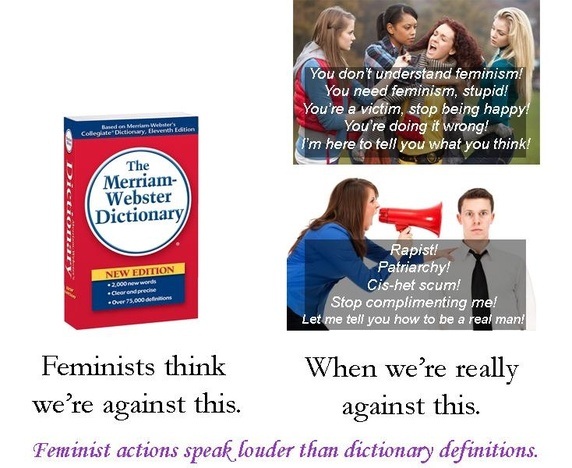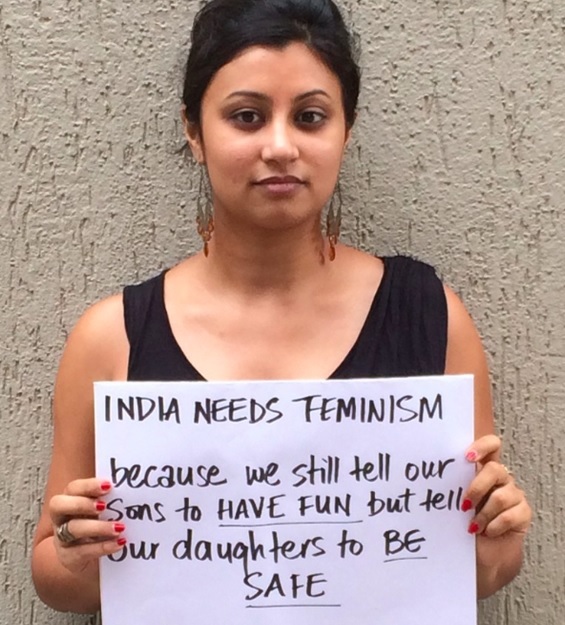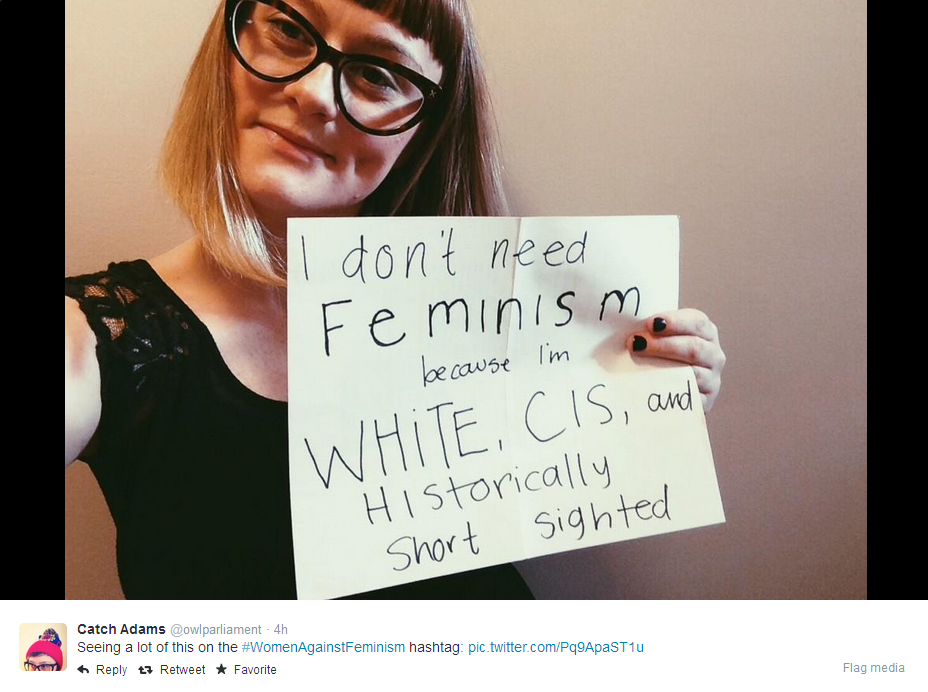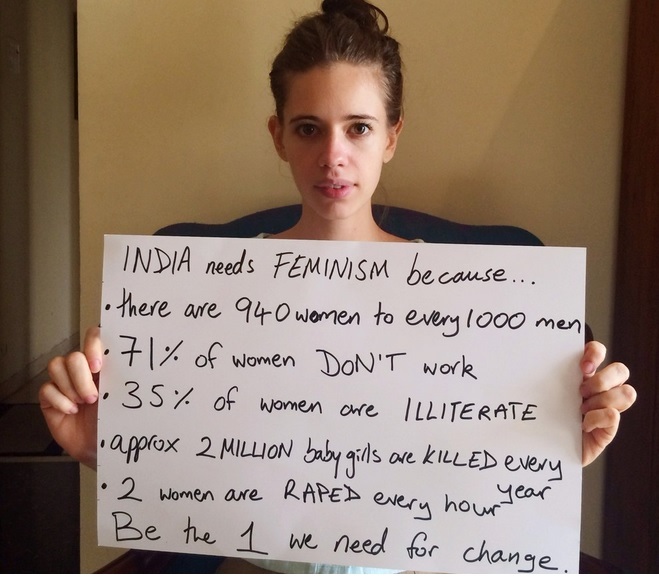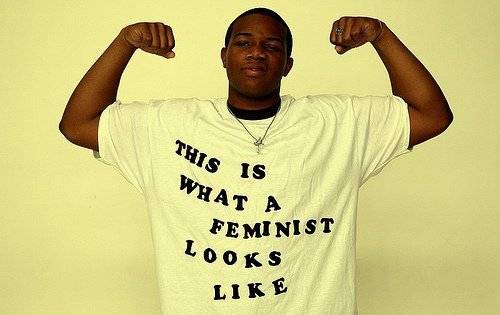So, usually I’m one of those people who are pretty skeptical of arguments that accuse fictitious works of enforcing a dichotomy of strength, intelligence, capability, etc between men and women, because most times it’s over very minor, subtle things that myself as a female didn’t identify to be offensive, and, once brought to my attention, I find it to be trivial.
Well, I found a movie that severely enforces that dichotomy to the point it’s actually really upsetting: Galaxy Quest. It’s a beloved classic to many Trekkies, and is basically a “spoof” movie about a cast of an old sci-fi TV show attending cons and not being able to escape their roles thirty years later. The plot is basically that an alien race discovered their TV show and modeled their society after the crew, and then beam them up into space to have them help fight their foe who wants to exterminate their race. No pressure. The cast includes Tim Allen, Alan Rickman (RIP) and Sigourney Weaver.
I’m going to make a list of kind of all the plot instances her character (Gwen DeMarco) fell flat and useless, and elaborate on why I was disappointed.
- Her boobs. I’m not kidding. They were EVERYWHERE. She mentions in the beginning that the only reason she was famous was because of her boobs, and several times during the movie her peers are staring them. During the rising action/climax of the story, her shirt keeps getting ripped further and further, until basically her entire bra is out. Now, I don’t really care if she was a strong female character and this happened, because boobs get in the way, but her major characteristic was her boobs, and that upsets me because I have a lot of respect for Sigourney Weaver as an actress.
- She was literally useless. She mentions in the exposition of the story that the only thing her character did was repeat whatever the computer said in the show. When they get on the actual spaceship, what does she do? Continue to repeat/rephrase whatever the computer says to relay it back to her crew. On the alien ship, her crew members were saying, “Okay, we get it,” annoyed at her repeating everything, and she replies literally, “Hey, I know it’s dumb, but it’s my job, and I’m going to do it.” That’s basically code word for conforming to societal expectations no matter how stupid! Like, I don’t think I could make this up. Her other job is to control calls to the deck, often saying “Hold, please,” reflecting nothing but an over-glorified secretary. Obviously, she’s an actress, and her role in the seventies limited her abilities, so I didn’t expect her to be kickass as soon as she got on the ship and start taking job. But I did expect some sort of character arc in which she’d acquire an important skill and be of actual use to the crew. But she was just a pair of boobs and the love interest to Tim Allen’s character the whole time.
- She was obviously very emotional. She was either cooing at other crew members to have the courage to do things (not stepping up to do it herself), or freaking out about how doomed they were (and not in a comedic relief way, they had another guy for that). There was this one part when they were on a foreign planet to get a part for their ship, and she saw these alien creatures that looked like babies. Then she saw one that was limping, and obviously, “Awww’ed” and ALMOST CALLED TO IT because of how cute it was. And you know, I thought – here’s her big part, here’s how she’s going to be useful, because she’s going to befriend this baby alien as a pet, and in the end that baby alien and her are going to help save the day somehow. Nope. The crew had to clamp a hand on her mouth, and then the baby aliens started eating the wounded baby alien. So again, the fact she was a women meant that her emotions almost put the crew in danger.
I’m just really upset because the movie is soooo great, but I can’t like it all too much because of that flaw. Every other female in the movie (although there were technically only three recurring faces, and one appeared basically twice) had such a diminished role. I don’t want a super strong female character in every movie – I realize not all women are strong female characters, so that would be really unrealistic. But I like characters who are actually useful to the plot, not decorative, and Sigourney Weaver’s character was useless. They did not need her in any instance of the plot because she contributed no skill to the group. Someone like Marion from Indiana Jones, who wasn’t a super kickass woman but was important and could hold her own, is an example of a good female character in my mind – even if she has to get rescued by the male hero. I don’t care if the woman starts out completely incompetent and weak, but as long as she learns some kind of skill, or is even the “nurse” of the group, at least she’s useful. I’m just really disappointed that none of the (male) creators considered this.

